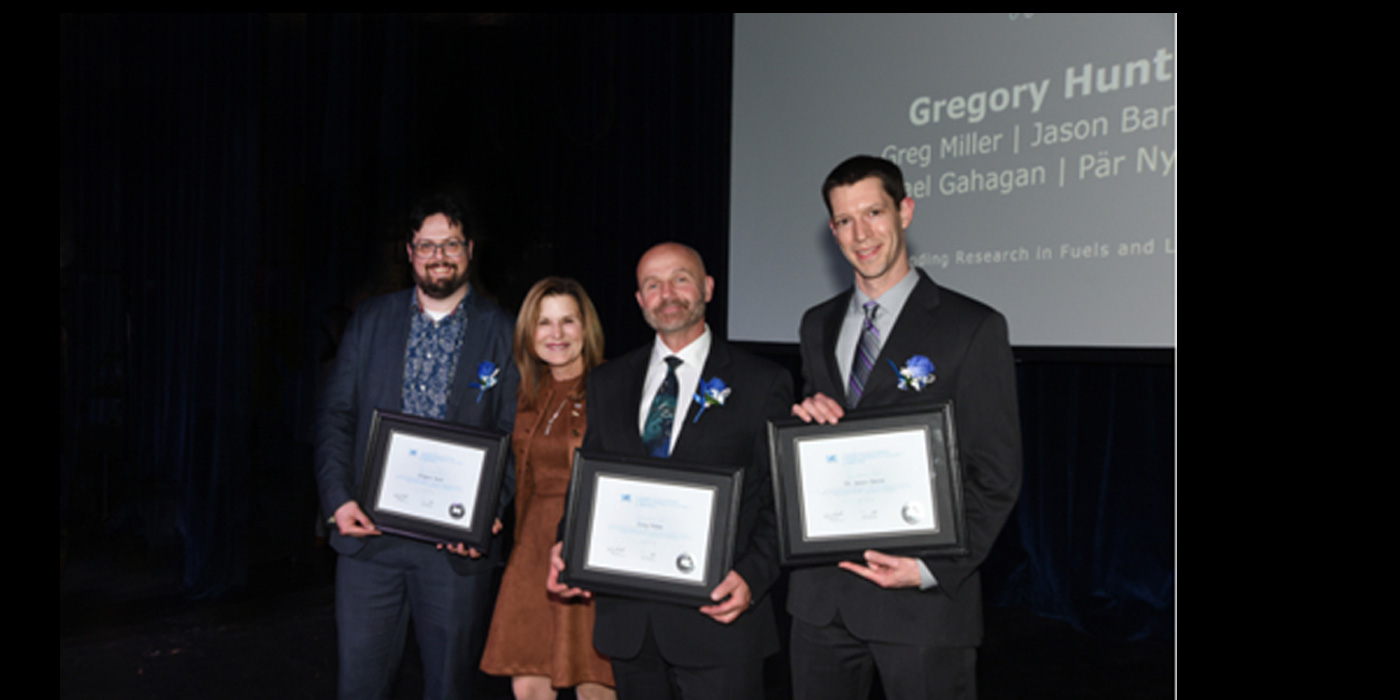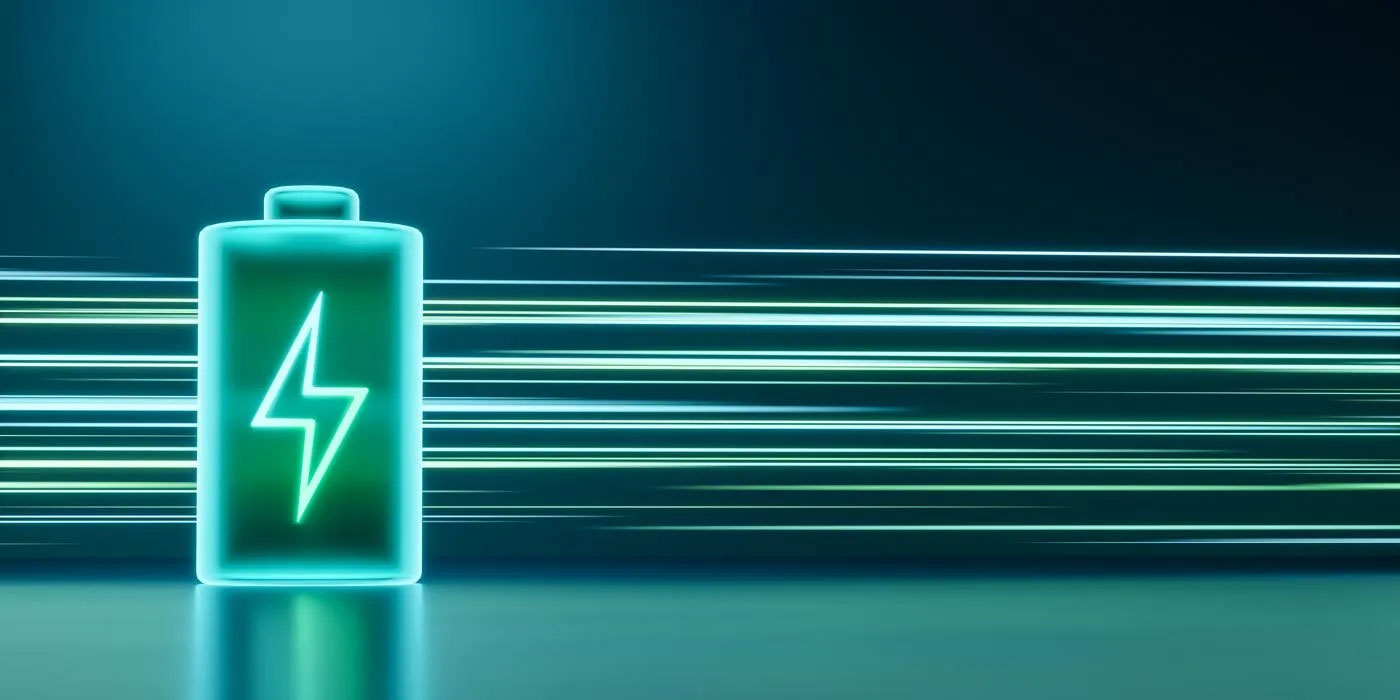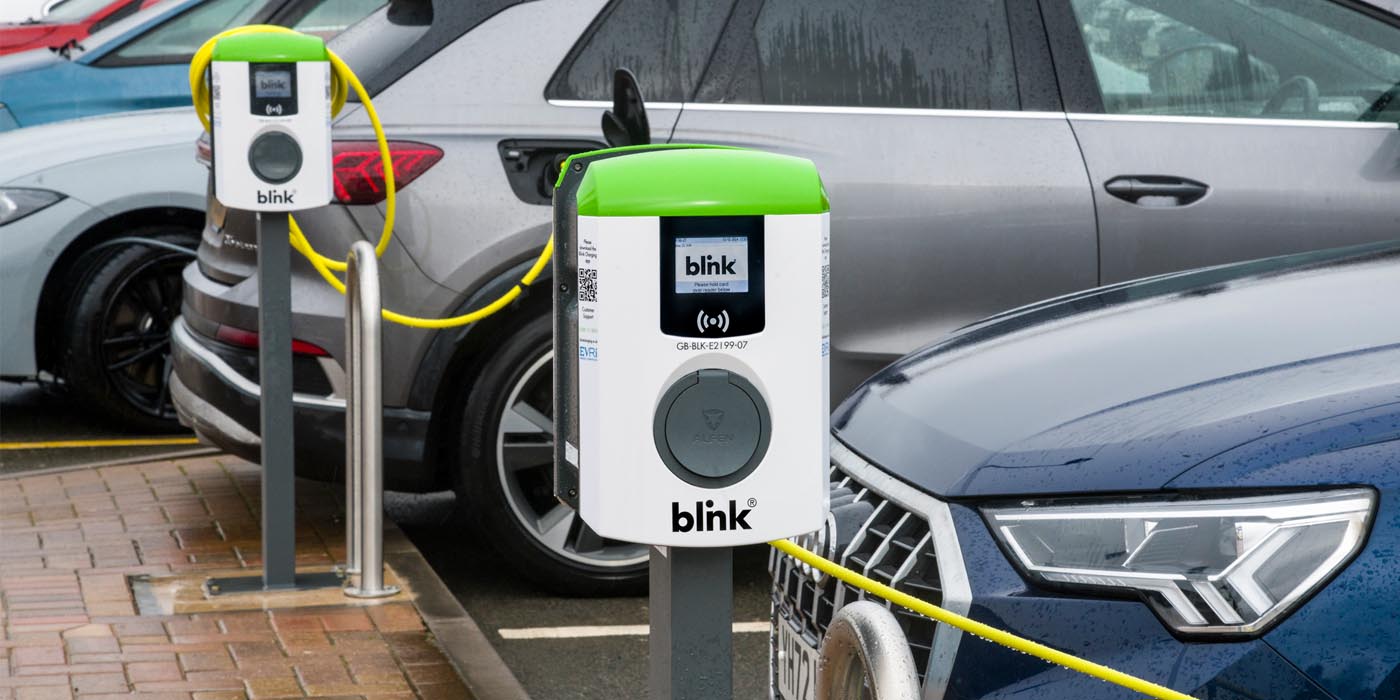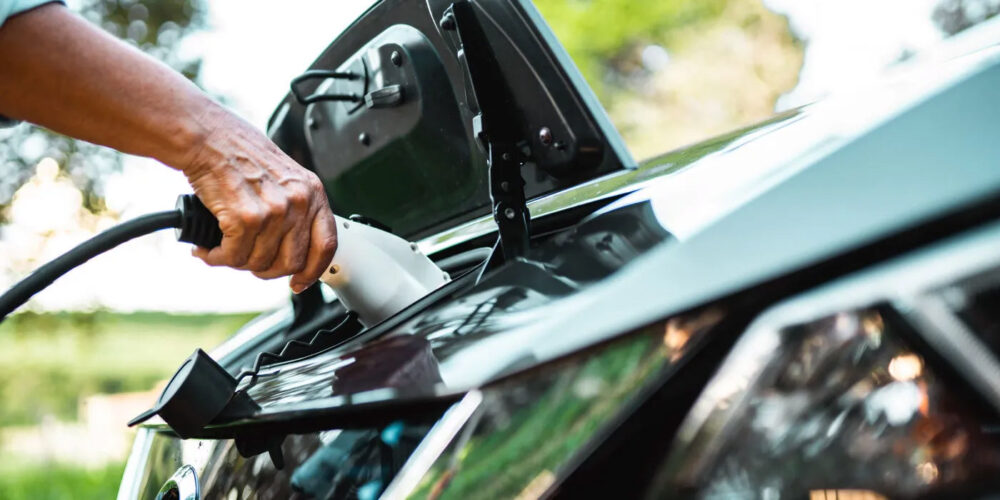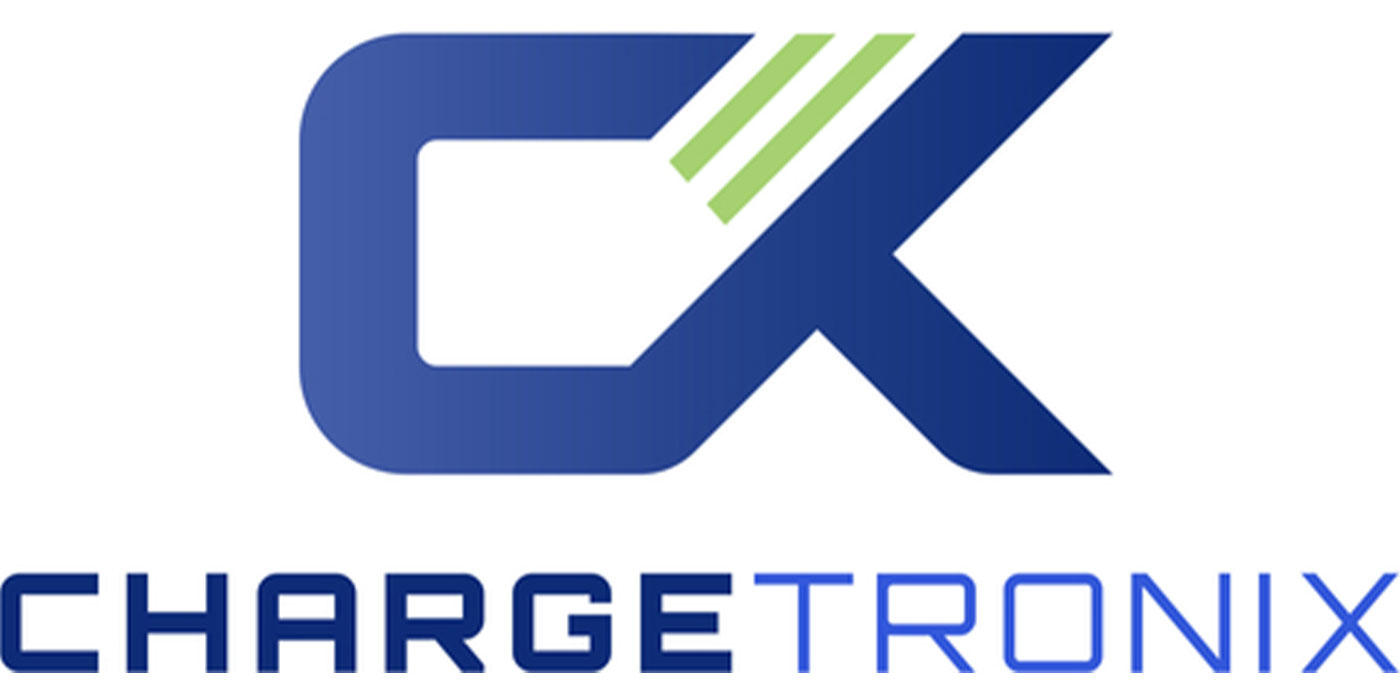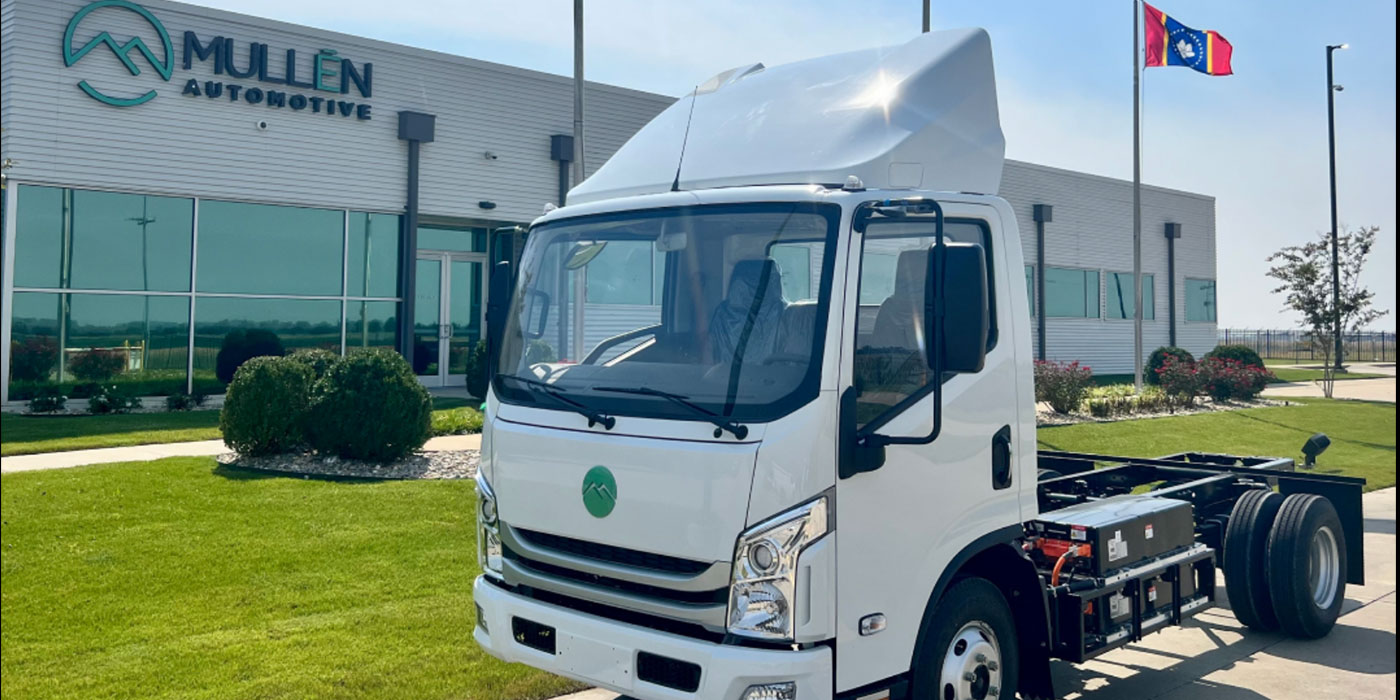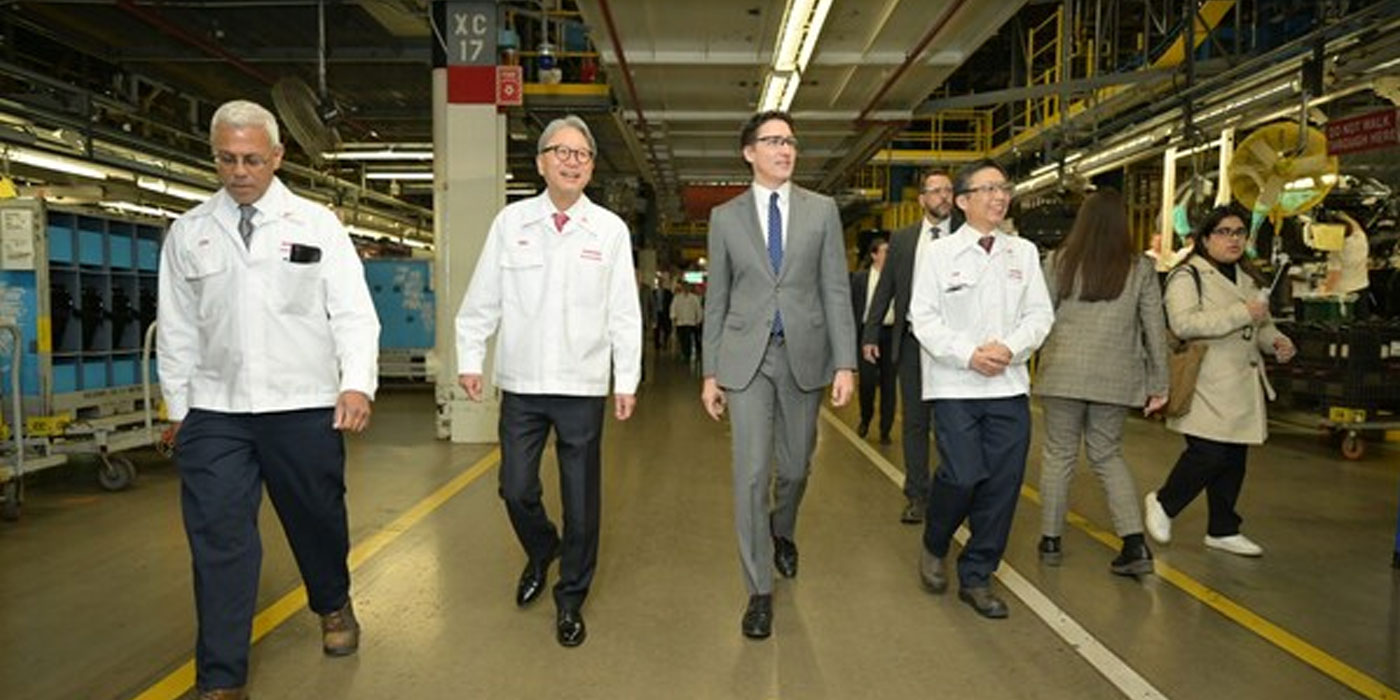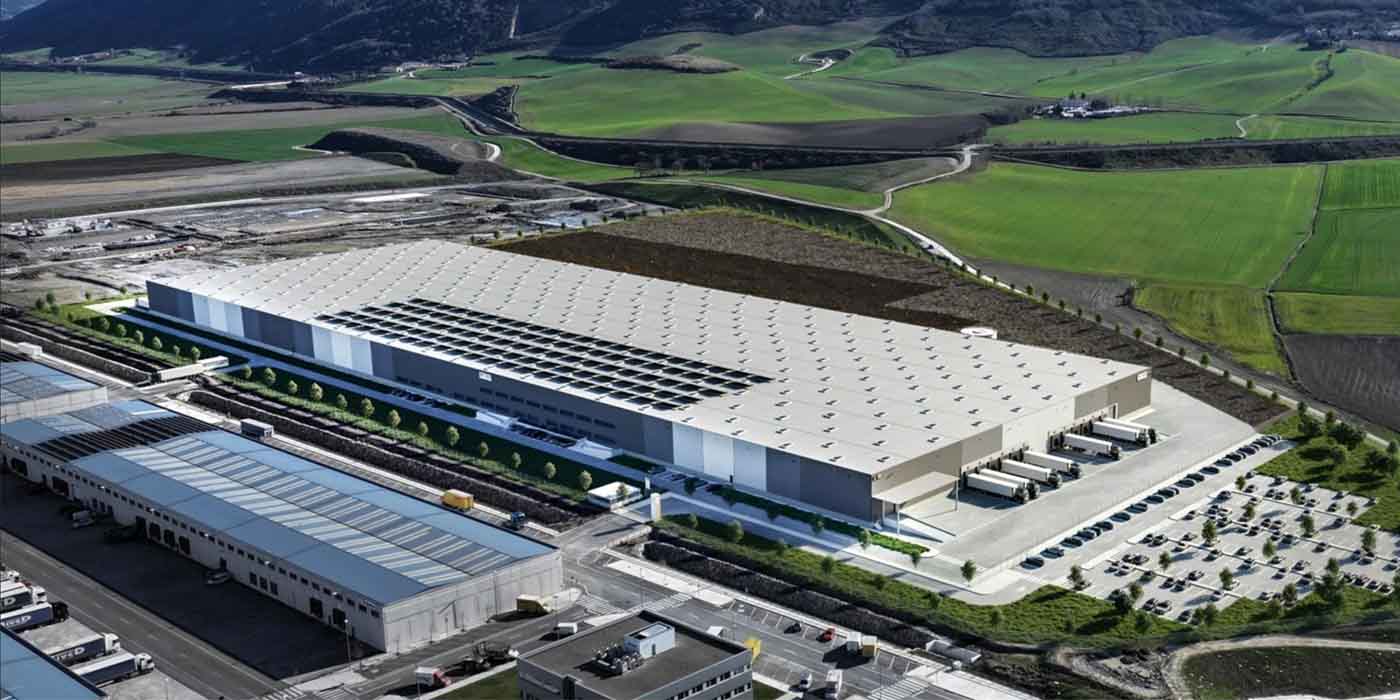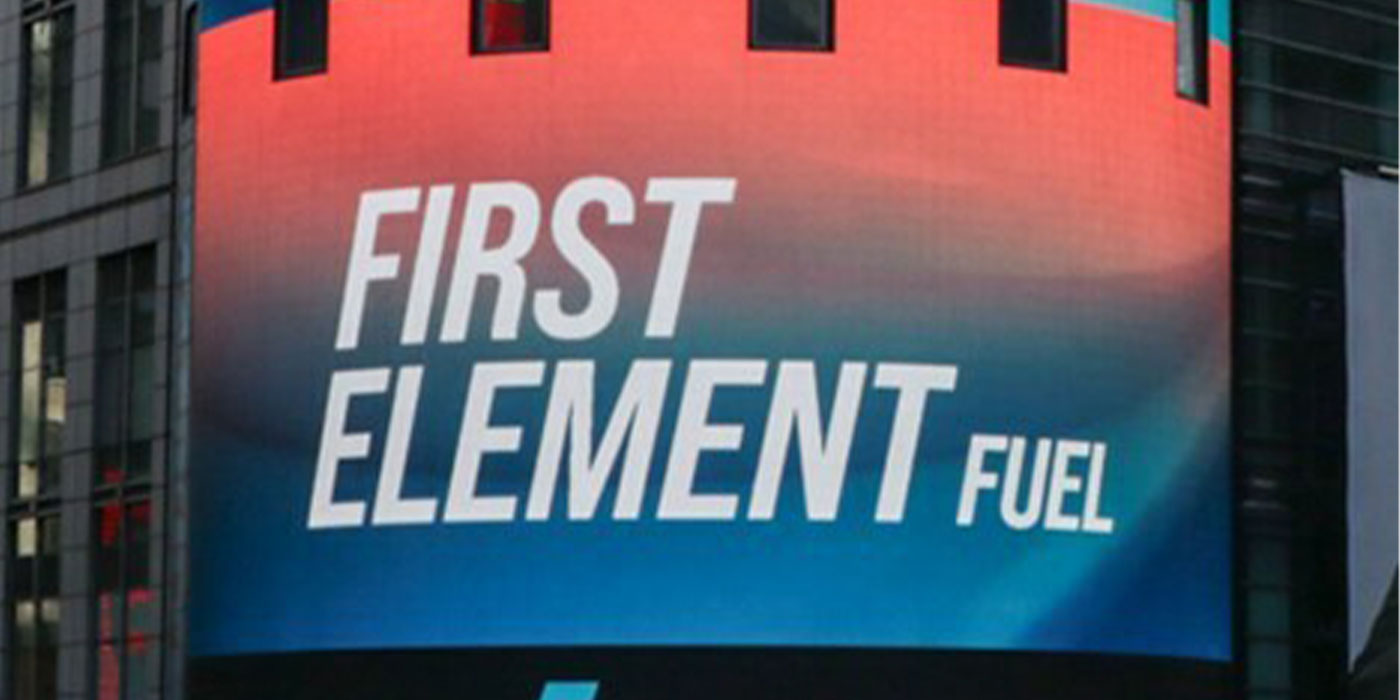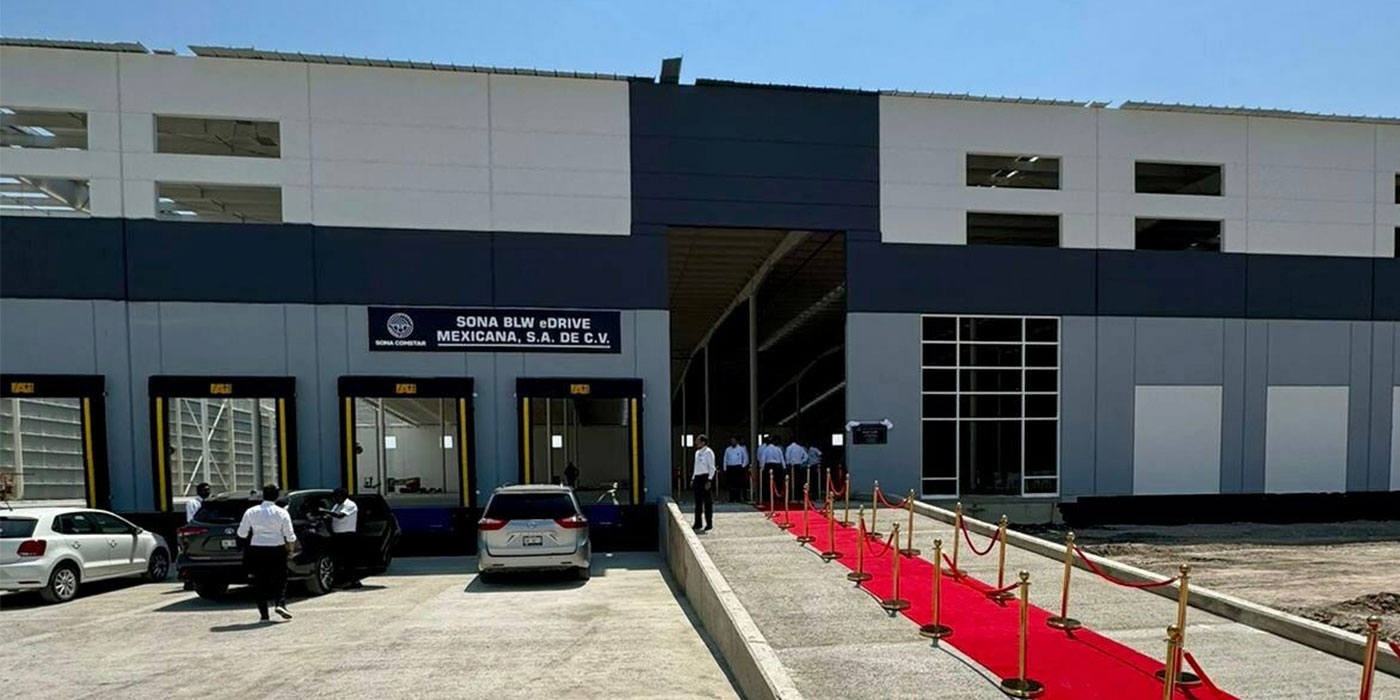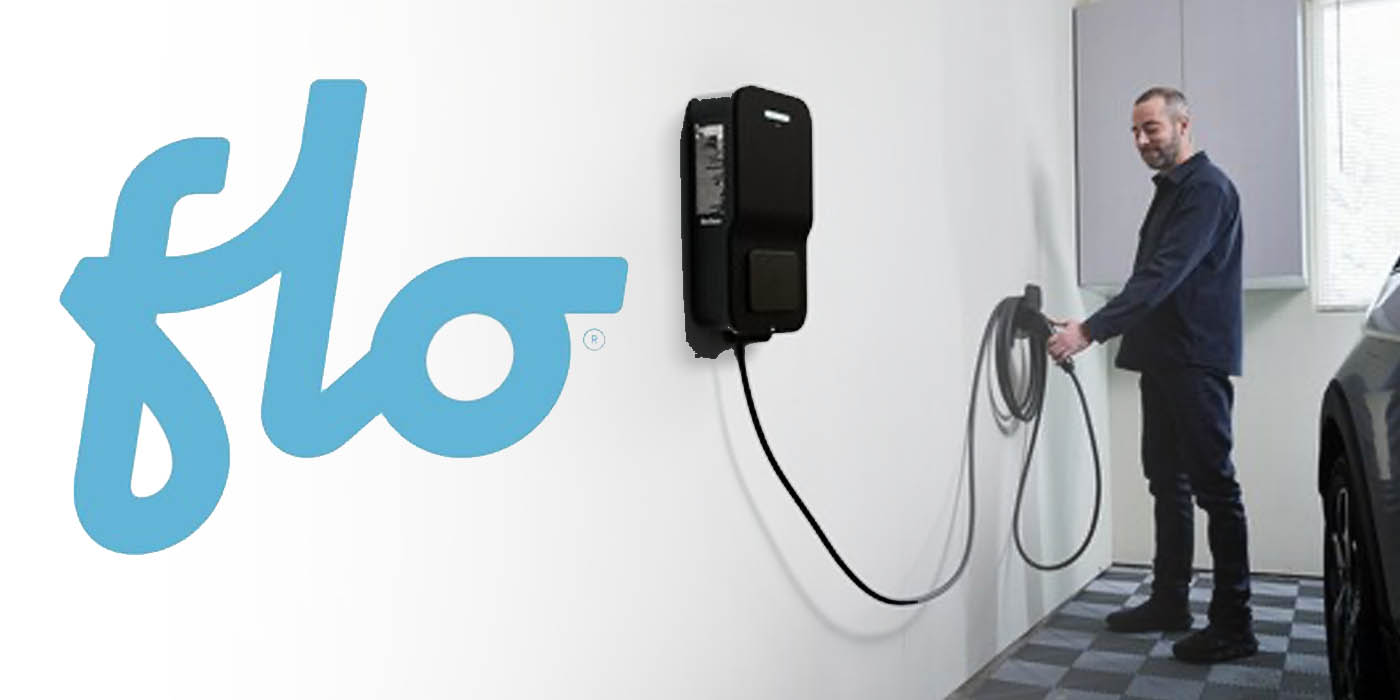Lincoln Electric Holdings, Inc. has introduced the Velion DC Fast Charger, a new charging platform for electric vehicles. This Level 3 DC fast charger is designed to provide quick charging with a focus on reliability, the company said.
The Velion 150kW DC fast charger is built using industrial-grade components, drawing on Lincoln Electric’s over 100 years of experience in designing and manufacturing industrial equipment, including over five decades in electric power conversion systems for outdoor environments, the company said.
Steven Sumner, vice president of corporate innovation at Lincoln Electric, said that the Velion is aimed at fulfilling the requirements of Charge Point Operators (CPOs) and businesses with electric vehicle fleets. He said that this EV charger that meets and surpasses the standards of the federal government’s National Electric Vehicle Infrastructure Formula Program (NEVI).
The Velion 150kW model boasts over 75% domestic content and is engineered to maintain more than 97% uptime. It offers output capabilities of up to 1000V/150A and 500V/300A and achieves a charging efficiency of 95%. The charger is designed to operate effectively in temperatures ranging from -31° F to 122° F (-35° C to 50° C).
Features of the Velion include DC Fast Charging capability, a DC output voltage range of 200-1000V, a maximum DC output current of 150A and a power output of up to 150kW. The input voltage is 460VAC +/- 10% (60Hz), and it comes in a 3-Phase, Protective Earth (UL Model).


